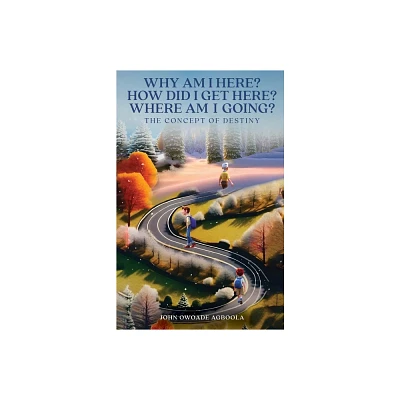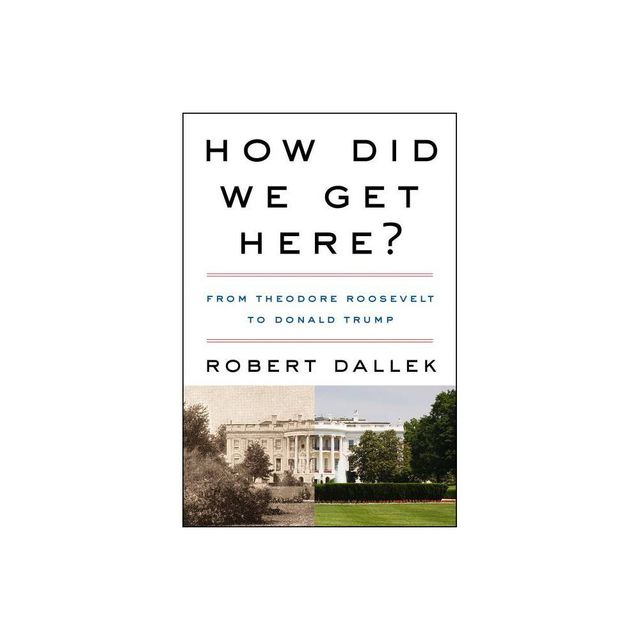Home
How Did I Find Myself Here?
Loading Inventory...
Barnes and Noble
How Did I Find Myself Here?
Current price: $14.99


Barnes and Noble
How Did I Find Myself Here?
Current price: $14.99
Loading Inventory...
Size: CD
*Product Information may vary - to confirm product availability, pricing, and additional information please contact Barnes and Noble
Released in 1982,
The Days of Wine and Roses
is generally regarded as the masterpiece in
the Dream Syndicate
's body of work, but stylistically it's also the outlier among their studio albums. The first lineup's "
Dylan
jams with
the Velvet Underground
" approach was truly bracing, but a look at their catalog reminds us it was a starting point from which
consistently evolved, drifting away from their gritty roots. Their three subsequent albums -- 1984's
Medicine Show
, 1986's
Out of the Grey
, and 1988's
Ghost Stories
-- had distinct sonic personalities of their own as the musicians working with frontman and songwriter
Steve Wynn
shifted with time. Given all this, it's at once surprising and expected that 2017's
How Did I Find Myself Here?
, the first album from the new edition of
that
Wynn
unveiled in 2012, doesn't sound much like anything the group did in the past. To its credit, it doesn't sound like
's solo work, either; like
's best music, this is dominated by ferocious guitar interplay (in this case between
and
Jason Victor
, who worked on
's solo projects and is the only non-
DS
veteran in this lineup), but here the attack is bigger and more forceful than their post-
Wine and Roses
efforts, and trippier and more consciously psychedelic as well. This music has a spacy, exploratory feel, reinforced by the electric piano overdubs, though it doesn't meander, even on extended numbers like "Glide" and the title cut. And while this band can rock very hard when it wants to (cue up "The Circle" for evidence), it lacks the snarl that was part and parcel of
's earlier work, instead displaying a certain nervous cool. With
Victor
, bassist
Mark Walton
, and drummer
Dennis Duck
,
has fashioned a band that possesses many of the virtues of
's best work -- smart songwriting, epic but non-cliched guitar figures, a willingness to explore the musical space without getting lost, and a rhythm section that holds all the diverse elements together -- without trying to replicate something created 30 years ago. And with the final track's contribution from original bassist
Kendra Smith
, this band shows it can look back without being beholden to the past. If you're hoping for a sequel to
isn't it. But if you want to hear a clever, ambitious, and blessedly noisy set from four people who know how to do it right, then
's return to duty will find an honored place in your music collection. ~ Mark Deming
The Days of Wine and Roses
is generally regarded as the masterpiece in
the Dream Syndicate
's body of work, but stylistically it's also the outlier among their studio albums. The first lineup's "
Dylan
jams with
the Velvet Underground
" approach was truly bracing, but a look at their catalog reminds us it was a starting point from which
consistently evolved, drifting away from their gritty roots. Their three subsequent albums -- 1984's
Medicine Show
, 1986's
Out of the Grey
, and 1988's
Ghost Stories
-- had distinct sonic personalities of their own as the musicians working with frontman and songwriter
Steve Wynn
shifted with time. Given all this, it's at once surprising and expected that 2017's
How Did I Find Myself Here?
, the first album from the new edition of
that
Wynn
unveiled in 2012, doesn't sound much like anything the group did in the past. To its credit, it doesn't sound like
's solo work, either; like
's best music, this is dominated by ferocious guitar interplay (in this case between
and
Jason Victor
, who worked on
's solo projects and is the only non-
DS
veteran in this lineup), but here the attack is bigger and more forceful than their post-
Wine and Roses
efforts, and trippier and more consciously psychedelic as well. This music has a spacy, exploratory feel, reinforced by the electric piano overdubs, though it doesn't meander, even on extended numbers like "Glide" and the title cut. And while this band can rock very hard when it wants to (cue up "The Circle" for evidence), it lacks the snarl that was part and parcel of
's earlier work, instead displaying a certain nervous cool. With
Victor
, bassist
Mark Walton
, and drummer
Dennis Duck
,
has fashioned a band that possesses many of the virtues of
's best work -- smart songwriting, epic but non-cliched guitar figures, a willingness to explore the musical space without getting lost, and a rhythm section that holds all the diverse elements together -- without trying to replicate something created 30 years ago. And with the final track's contribution from original bassist
Kendra Smith
, this band shows it can look back without being beholden to the past. If you're hoping for a sequel to
isn't it. But if you want to hear a clever, ambitious, and blessedly noisy set from four people who know how to do it right, then
's return to duty will find an honored place in your music collection. ~ Mark Deming


















